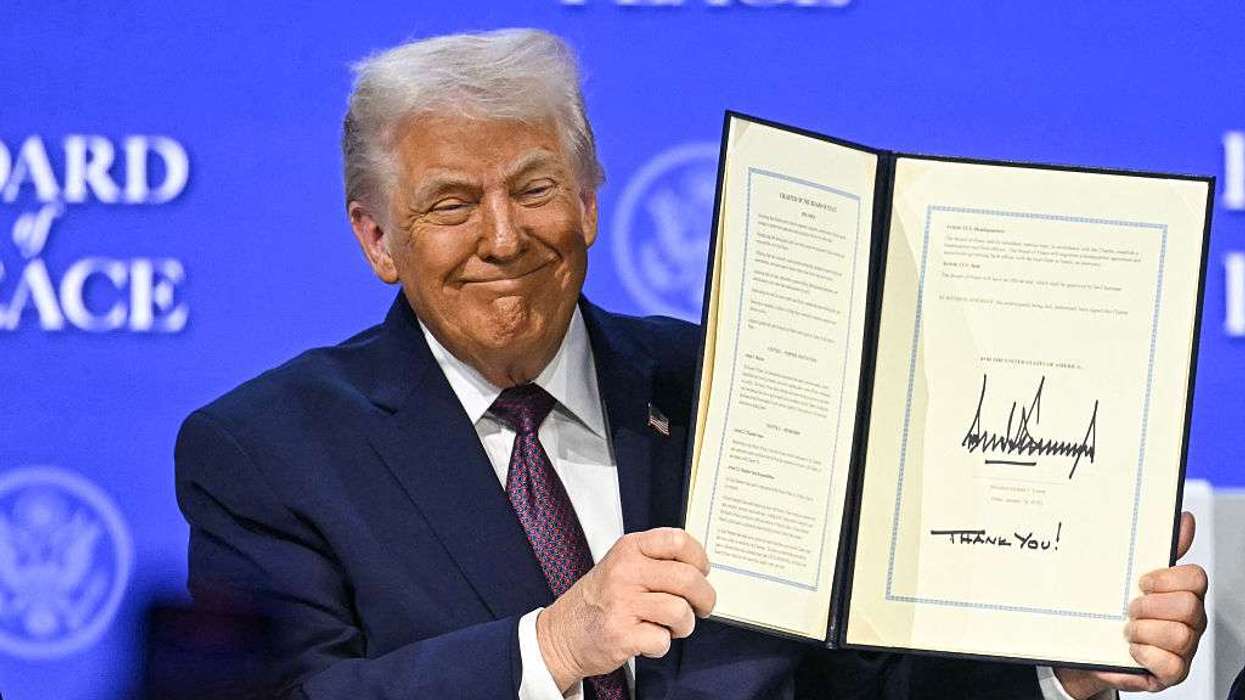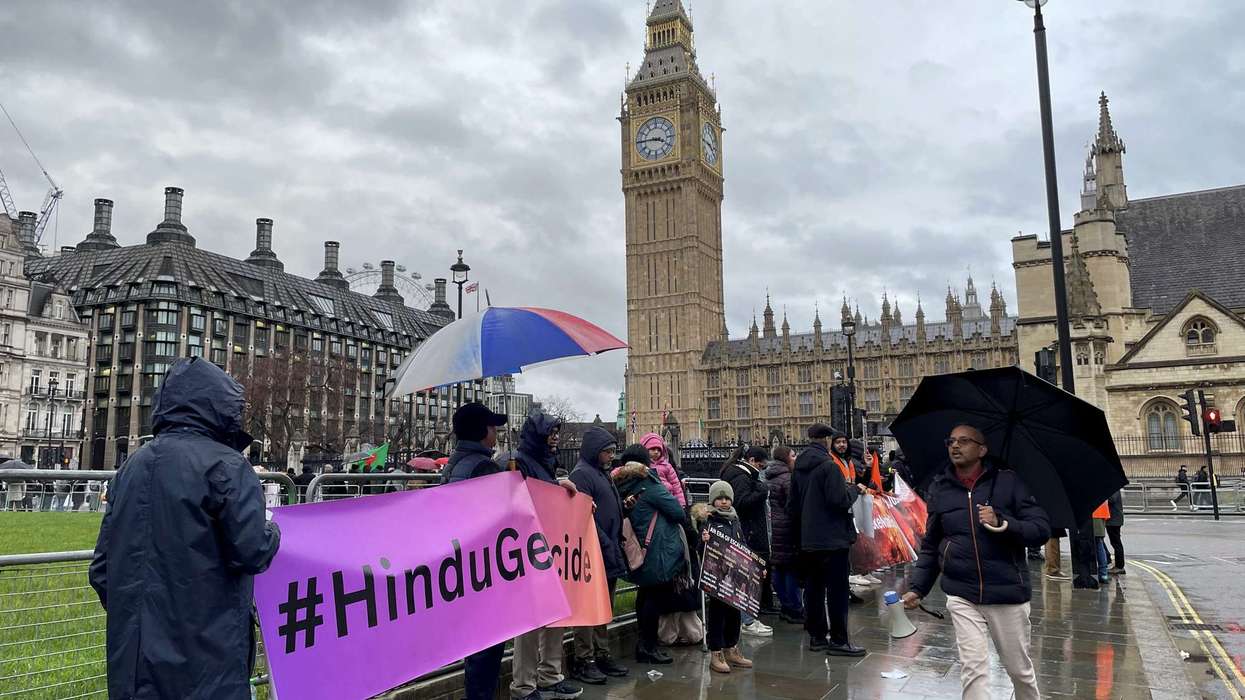THE NUMBER of irregular migrants arriving in the UK on small boats increased significantly in 2024, according to data released on Wednesday.
A total of 36,816 people were detected crossing the Channel last year, marking a 25 per cent rise from 2023, when 29,437 migrants made the journey.
This surge has added to the pressure on prime minister Keir Starmer to address the dangerous crossings. Immigration, both legal and illegal, was a key issue in the July general election, which brought Labour to power and saw a rise in support for Nigel Farage's Reform UK party.
Despite the increase, last year’s figure remains below the record 45,774 migrants who arrived in 2022. Provisional data from the interior ministry also highlighted that at least 76 people lost their lives in around 20 accidents in 2024, making it the deadliest year for Channel crossings to date.
French authorities reported rescuing at least 5,800 individuals at sea and preventing more than 870 attempted crossings last year.
Prime minister Starmer, who took office following Labour's return to power after 14 years, has committed to tackling the issue.
Upon entering office, he ended the Conservative government’s plan to send irregular migrants to Rwanda, calling it a "gimmick."
Instead, he has vowed to disrupt people smuggling operations and has signed agreements with several countries to enhance law enforcement efforts.
Starmer has described smuggling networks as a "global security threat similar to terrorism" and introduced a Border Security Command to strengthen border control. His government has also increased the return of irregular migrants, with 29,000 people returned between January and early December 2024 — 25 per cent more than in 2023.
Data shows the number of migrants arriving annually has been the second highest since records began in 2018, with over 150,000 individuals crossing by boat over the past seven years.
Afghan nationals were the largest group of arrivals in the first nine months of 2024, making up 17 per cent of the total. Vietnamese migrants accounted for 13 per cent, a rise from five per cent in 2023.
Net legal migration also remains high, estimated at 728,000 for the year to June 2024. This has reignited debates surrounding the 2016 Brexit referendum, where voters were promised greater control over borders after leaving the European Union.
(With inputs from AFP)




